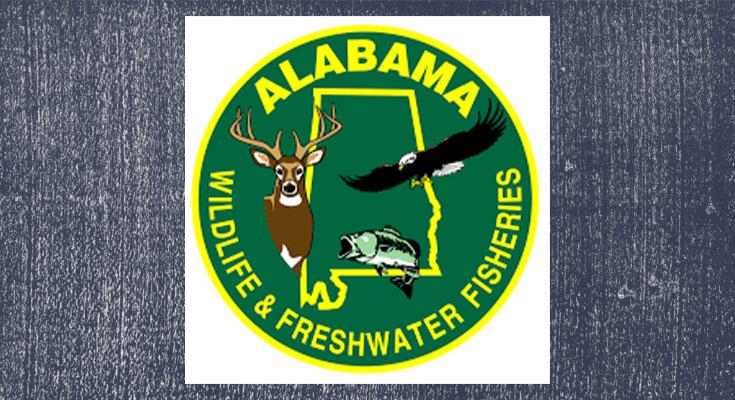By Craig Monger
The law enforcement section of the Alabama Wildlife and Freshwater Fisheries (WFF) Division has expanded training to other agencies in and around the state. The expanded training includes Wilderness Medical Skills training, Search Formations proven by military tactics, and Man-Tracking Skills.
Carter Hendrix, Assistant Chief of WFF Law Enforcement, said the agency has been training its own recruits since 2017.
“Our instructor cadre came up with the idea of helping new trainees get a jump-start on their careers by teaching them vital skills outside the standardized training we do, like firearms qualifications,” Hendrix said.
The Rural Operations for Law Enforcement curriculum has been taught around the state to game wardens in training. The course begins with Wilderness Medical Skills.
“Basically, they’re taught to stabilize an injured person in order to get them to a higher level of care, either a hospital or EMT (Emergency Medical Technician) on the nearest roadside,” Hendrix said. “It covers everything from stopping blood loss to constructing improvised methods of carry, like hasty litters and drags. We construct hasty litters by cutting small trees or poles and use two or three uniform shirts to carry the injured person on a litter.”
At times, game wardens will help search for missing persons or suspects attempting to flee from law enforcement. The Search Formations instruction deals with those scenarios.
“We teach working in formation to search for Alzheimer’s patients, lost hikers and hunters, or sometimes fugitives attempting to escape in a wilderness terrain,” Hendrix said.
Man-Tracking is the final portion of the training.
“Man-Tracking is exactly what it sounds like,” Hendrix said. “It’s being able to identify tracks, being able to locate tracks or signs of any person or animal passing through an area. Signs could be footprints, broken limbs, trash, or any number of things.
In 2018, Alabama hosted the annual Southeastern Association of Fish and Wildlife Agencies (SEAFWA) Conference in Mobile. During the conference, WFF Law Enforcement presented a condensed version of the Rural Operations training to the law enforcement chiefs from other states at an off-site event in Baldwin County.
“We took them to the Baldwin County Sheriff’s Department range and shared with them some of the training we were utilizing as an outreach tool to other sheriff’s departments, police departments and rescue squads in an effort to share our knowledge and capabilities with other agencies,” Hendrix said. “They loved the idea and [loved] the backpacks we issue as go-bags to the officers. The contents of those go-bags include first-aid kits and blood-loss control items like tourniquets and granulated blood stop. The officers also take extra ammo, food and water. Some of the items we mandate for uniformity, and some may be personal preference.”
Hendrix said since the Rural Operations team has been in existence, it has taught thousands of rescue squad members. An Alabama team recently went to Pigeon Forge, Tennessee, to teach the Tennessee Rescue Squad Association.
“We use this as an outreach tool not only for law enforcement but for people who might never come into contact with a game warden,” Hendrix said. “Serving the public in numerous ways is vitally important to us. We want to be seen as more than just what people usually think game wardens do. We think this is a tool we can use to help accomplish that goal."










